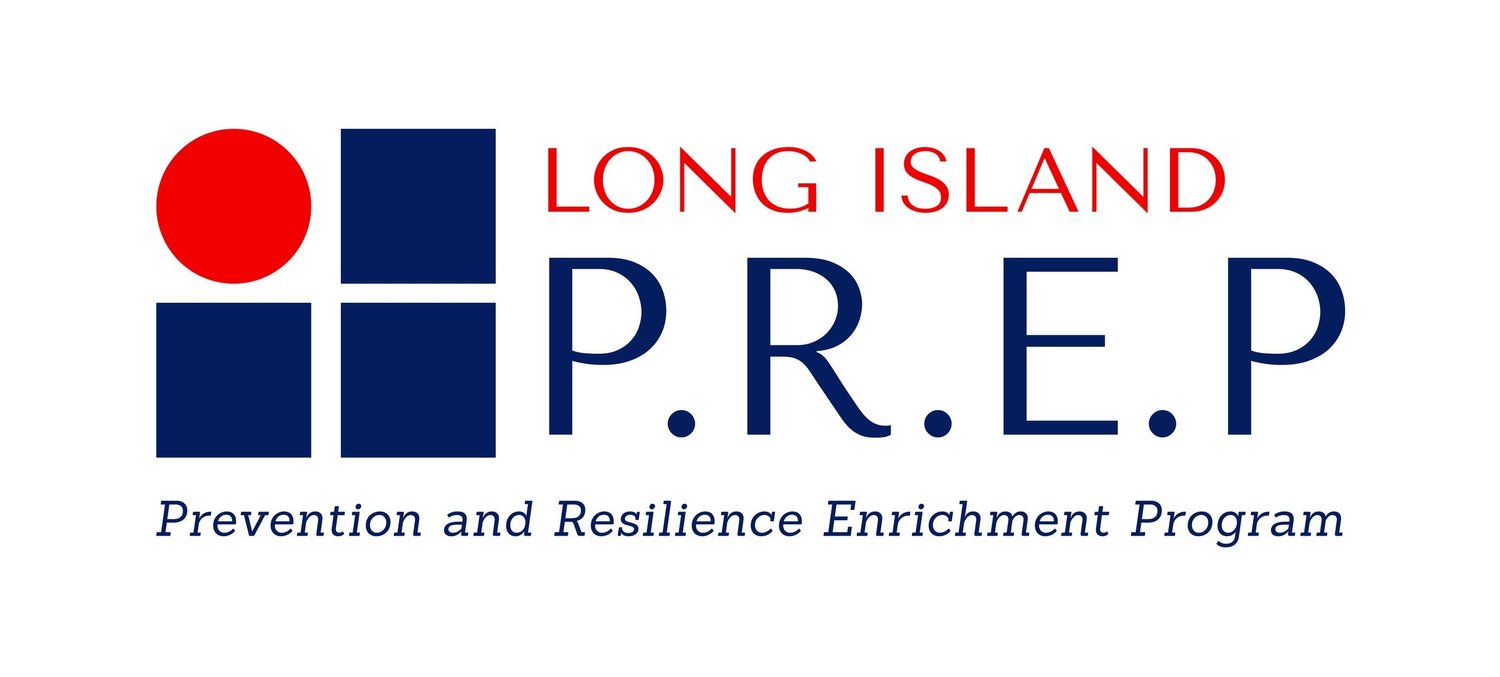Defending Our Defenders
We hear it all of the time.“Freedom isn’t free”. This may be cliche, but cliches are cliches because they are true. So it’s plausible to conclude that unraveling this cliche lands us on the notion that in the United States, the cost of our freedom means that someone, somewhere pays for it, and I am talking about our brave men and women in our armed forces who have paid or continue to pay for our freedoms every day.
Yet, it is difficult to fathom why more support for our military personnel is lacking in this country, the richest, most resource-laden land in the world, particularly when it comes to their mental health. Research suggests that 20-25 military veterans are dying by suicide every week, many by drug overdose or alcoholism. Just a staggering, and as yet completely unacceptable statistic in modern-day America.
Our service men and women, the greatest in the world, continue to face mounting challenges in the country they risk their lives to defend. The return to civilian life for military veterans in the United States is often marked not by fanfare and triumphant parades, but by a silent, internal struggle against formidable foes: mental illness and drug overdose. These issues have grown into an epidemic, affecting a significant portion of the nearly 20 million veterans in the U.S. The nature of military service, often involving exposure to traumatic events, high stress, and physical injuries, predisposes many veterans to mental health challenges and, subsequently, to substance abuse as a coping mechanism.
Mental health disorders, particularly Post-Traumatic Stress Disorder (PTSD), depression, and anxiety, are prevalent among veterans. The U.S. Department of Veterans Affairs (VA) estimates that PTSD affects about 11-20% of Operations Iraqi Freedom (OIF) and Enduring Freedom (OEF) veterans, 12% of Gulf War veterans, and 15% of Vietnam veterans. Depression is another common condition, with a study indicating that 14% of OIF and OEF veterans suffer from it. These mental health challenges often intersect with substance abuse. The National Institute on Drug Abuse highlights that more than one in ten veterans have been diagnosed with a Substance Use Disorder (SUD), a rate higher than the general population.
The linkage between mental health disorders and substance abuse is complex. Veterans may turn to drugs or alcohol as a means of self-medicating, seeking relief from the symptoms of their mental health conditions. Unfortunately, this can lead to a vicious cycle, where substance abuse exacerbates mental health issues, leading to an increased risk of drug overdose. The VA reports that the rate of overdose deaths among veterans was 1.5 times greater than among non-veterans.
The research is clear, we have a significant problem in the United States that is worsening by the day, with little to no attention paid by our mainstream media. It’s also plausible to acknowledge that most everyday Americans, if not directly impacted by this crisis, are completely oblivious to it. This has to change, and change, like anything else, begins with awareness.
There must be an emphasis on awareness and destigmatization. We need to understand and drive home the reality that is the unique challenges faced by returning veterans.
Awareness campaigns, possibly in collaboration with veteran organizations, prevention and education organizations, and media outlets, can help in educating the public, and fostering a more supportive environment for veterans.
Raising awareness about these issues is the needed starting point to begin alleviating these painful truths of struggling military veterans in our society. It’s doable. Collaboration with local mental health and substance abuse prevention organizations presents a formidable front in this fight. Education, cooperation and collaboration can only add to the arsenal of information needed to educate the American public about the issues facing veterans.
It is also crucial to improve access to mental health care. This means not only increasing the number of available mental health professionals but also ensuring that they are trained in dealing with issues specific to veterans. Some services have shown promise in extending reach, especially to those in remote areas or who may be reluctant to seek in-person therapy in telehealth and digital outreach.
Because the link between mental health and substance abuse is well known, access to treatment for veterans is essential.
Prevention, intervention and treatment, while vital tools in addressing these issues in general, can also have a profound impact on our returning veterans.
Preventive measures like early intervention programs for active-duty personnel and recently discharged veterans that focus on resilience training, coping strategies, and early identification of mental health issues and substance abuse are key.
America’s veterans are solely responsible for the fight to defend the freedoms we enjoy every day, it’s high time we stand up and fight for them, let’s roll.

